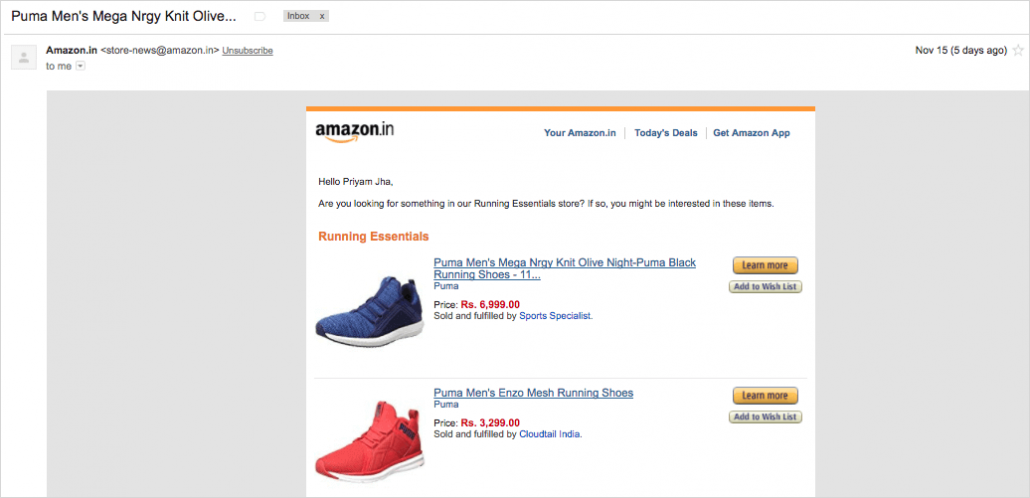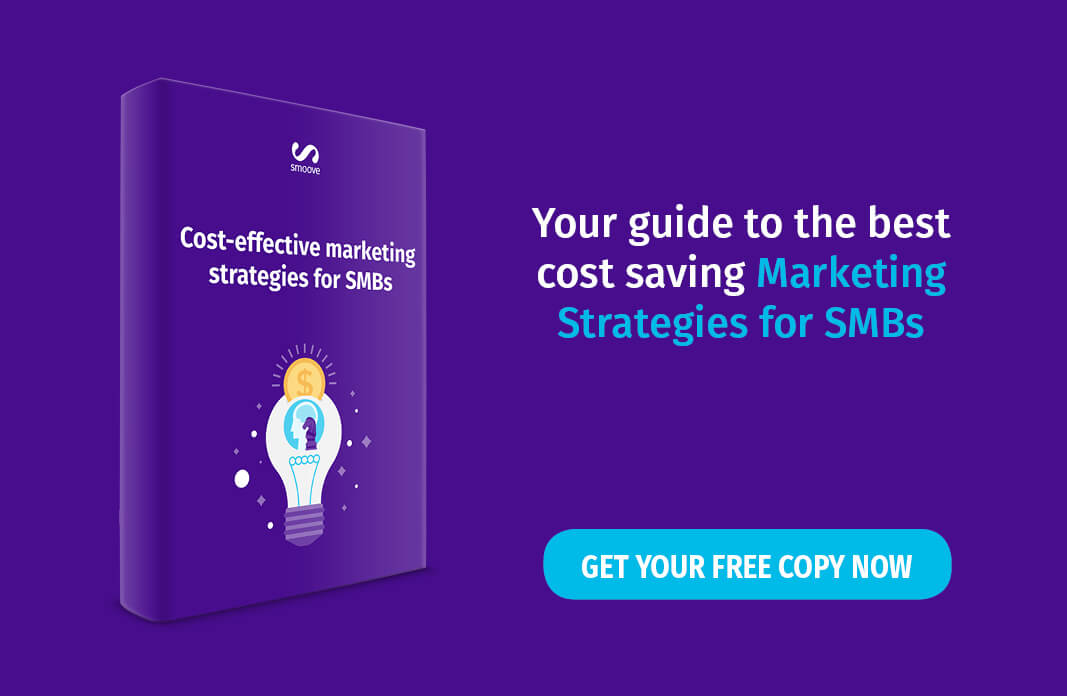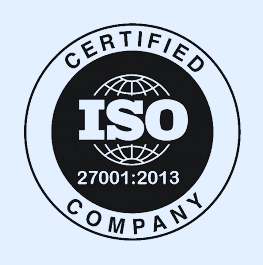When running a small business, financial and human resources are limited. That’s why it’s necessary to use marketing automation for small business in order to grow, serve customers, and increase your bottom line. Gartner predicts that by 2020, 85% of consumers will manage their customer relationship without talking to a human.
What can a marketing automation platform do for your small business? Here are just a few benefits:
1. Saves Time
Time is money, right? Marketing automation takes care of day-to-day activities that are not difficult, but are timely. This frees up a marketing team’s time to think about the important things, like strategy and planning, rather than implementation.
Marketing automation helps with triggered email marketing, social media posting, re-engagement campaigns, information and updates, testing and tracking analytics all in one place, and in real-time. By using marketing automation, you can interact with your customers at different parts of the sales funnel. Some examples include: welcome emails, checkout confirmations, abandoned cart reminder emails, correspondence with information about new or existing products/features, and the like. This means that while your customers are traveling up the sales funnel from brand awareness to transaction, they are being contacted at different steps along the way with no added effort from your sales or marketing team. This saves time, money, and effort across all sales and marketing tactics.
2. Boosts Retention & Acquisition
With marketing automation, there are several tools available that help boost retention and customer acquisition. Since, on average, it is 5x more costly to acquire a new customers than it is to retain one, you want to be sure you’re communicating and keeping current customers happy. Setting up automated emails allows you to check in with distinct customer segments at the necessary times. That way, you can nurture your relationship and provide tailored customer service.
For example, yogurt chain Pinkberry uses email automation to help retain customers who haven’t purchased in X amount of time by sending a triggered email that gives them a free yogurt. The email reloads their Pinkberry card automatically to incentivize them to go back in to a location to claim their dessert. Helpful tip: Include a sense of urgency. As you can see from this example, the offer expires in 7 days, which further pushes the customer to go redeem the offer and be reminded of the sweet treat that is Pinkberry.

By segmenting your audience based on age, gender, demographic, location, and/or purchase history, automated emails can be sent when it’s time to remind a customer to reorder, or provide a customer with necessary details after a purchase like order confirmation and tracking information.
Email marketing and acquisition keeps you in contact with your customers at every step of the sales cycle and provides a simple solution to make sure they always have what they need, and know where to find help should they need anything more, through automation.
3. See the Big Picture
Marketing automation platforms track everything. With one cohesive look at data, you can see how and when your customers are engaging with your business.
With cookies and Google Analytics integration, you can see how customers spend their time on your website and then the emails and SMS texts that work well when sent from the automation platform. By monitoring a lead’s behavior and testing different marketing tactics, it’s easy to look at all the data and see what works and what doesn’t. This provides for an overall view of ROI so that you can assign more of your budget to the successful campaigns.
4. Personalization Made Easy
In an increasingly digital world, connecting with one customer has become easier, but it’s also more important to make it feel like there is still a personal connection where you understand and can satisfy their needs. Not only does marketing automation software allow you to insert customer’s names into mass messages, but it goes further than that because of the data collected. By basing email marketing messages and other forms of communication on a customer’s behavior, they will feel as though they are receiving one-on-one care.
Triggered messages allow you to set up if/then statements, so that “If a customer does X, they will receive message Y.” An example from e-commerce giant, Amazon, clearly illustrates how this makes the buying process seamless for a customer. When a customer performs a search on Amazon, they are tracked on the website. Then, Amazon can follow up with a triggered and automated message that is highly personalized in both the salutation, as well as the products included. Here, Amazon sends a follow up message with specific products tailored to what the customer searched for on the site, as if a salesperson is there to help them find what they want. Although there is no real person on the other side of this email, it makes the customer feel as though they have a virtual salesperson dedicated to their needs.

5. Schedule Social Media
While big companies have entire departments dedicated to social media marketing, small businesses need to depend on marketing automation platforms to take many full time jobs and turn social media marketing into one aspect of the marketing efforts. This also means that you can set up posts to be deployed at specific times that have proven to have high engagement, even when it’s outside of working hours.
With the ability to schedule posts in advance, monitor conversations, and easily reply to customer’s on social channels, automation platforms make it easy to stay engaged across platforms and measure the success of campaigns and paid ads by monitoring results.
6. Wrap Up – marketing automation for small business
Marketing automation produces a 14.5% increase in sales productivity, and for a small business, that’s a huge deal!
With less resources than your big business competitors, including fewer employees, marketing automation provides time-saving tools and effective results monitoring that are key to running a successful business.
From email marketing to social media management, cohesive cross-platform campaigns and ROI tracking, the platform can serve as your all-in-one marketing team. If you’re picking one tactic to employ, what marketing automation tool for small business would make the biggest impact on your bottom line?



